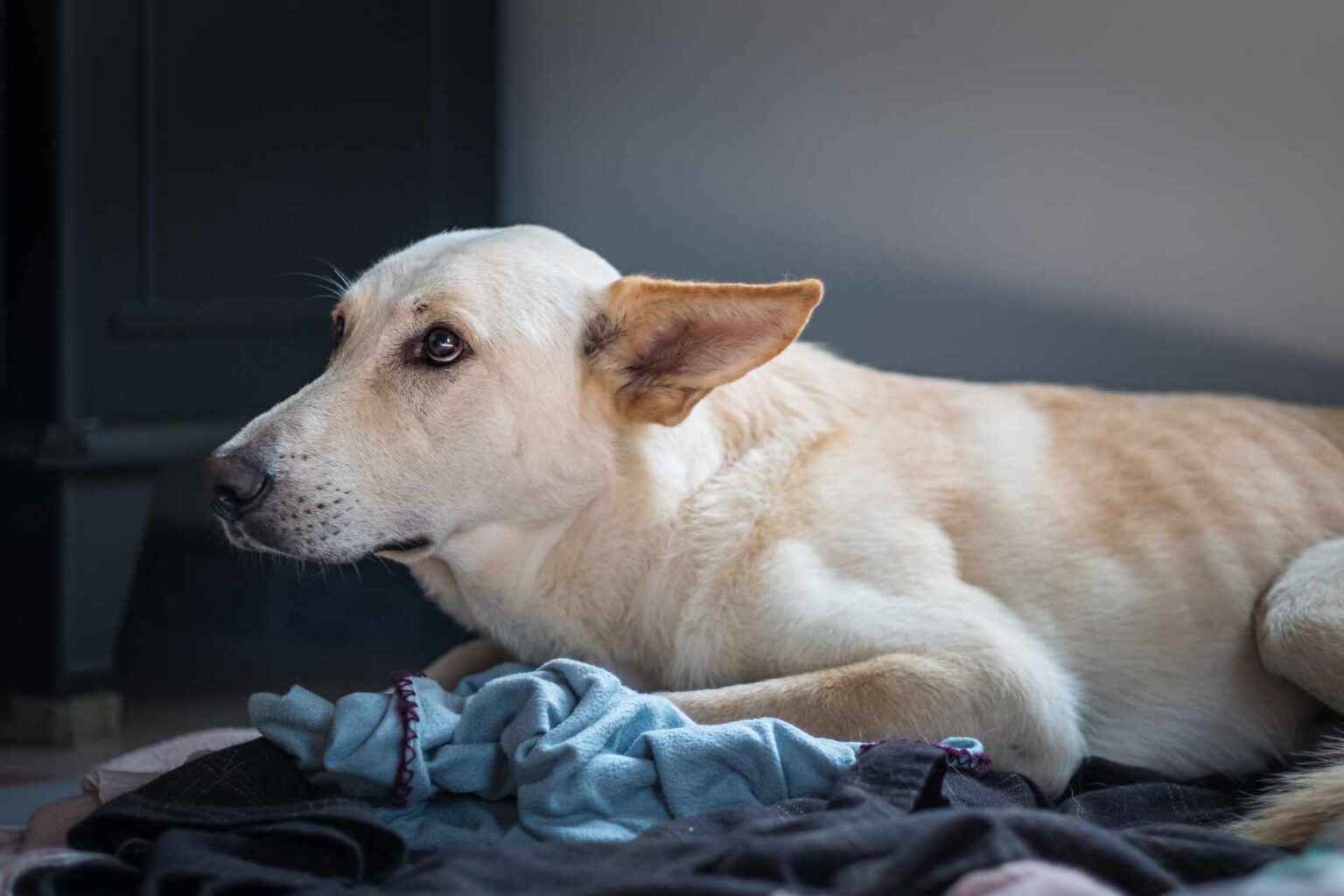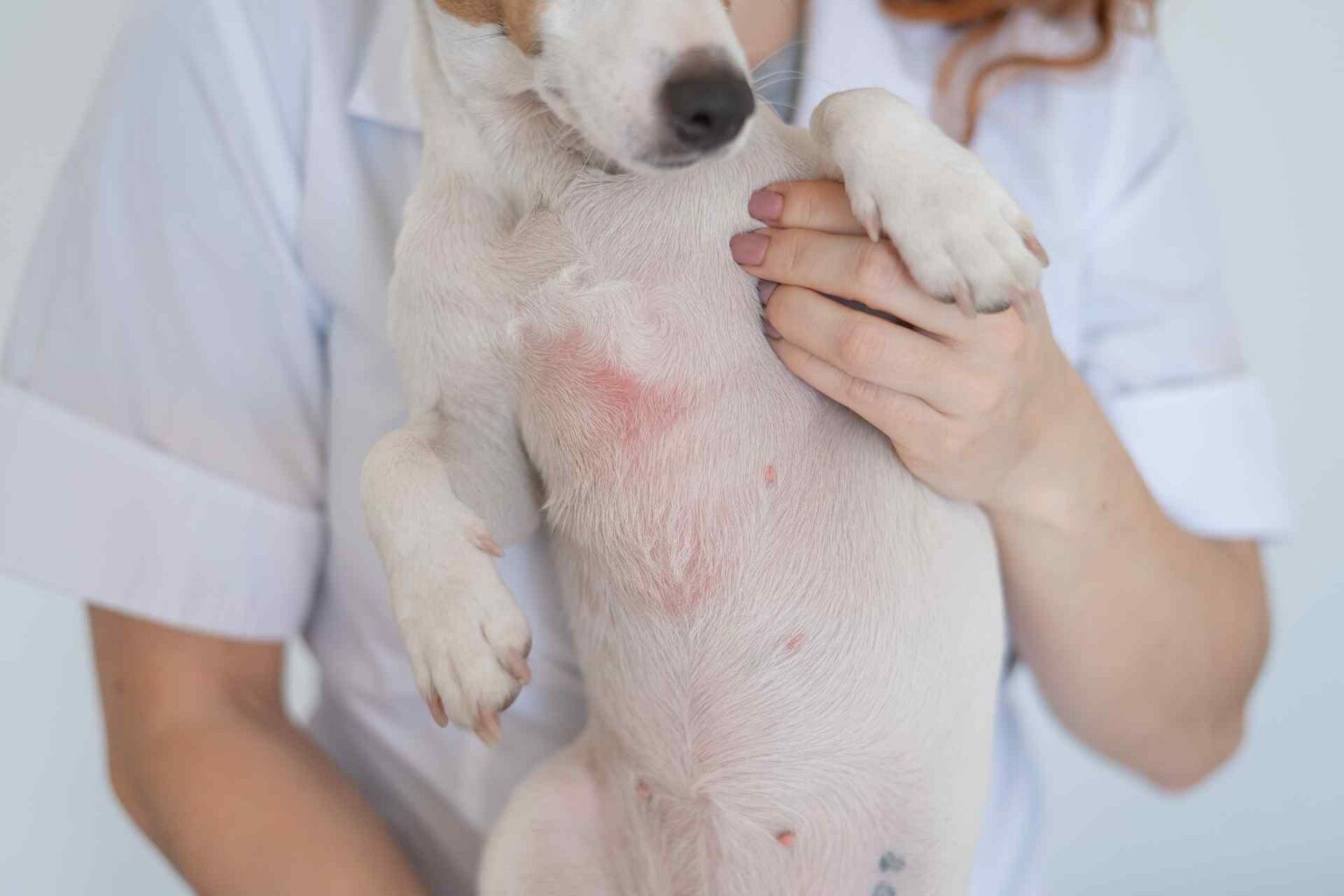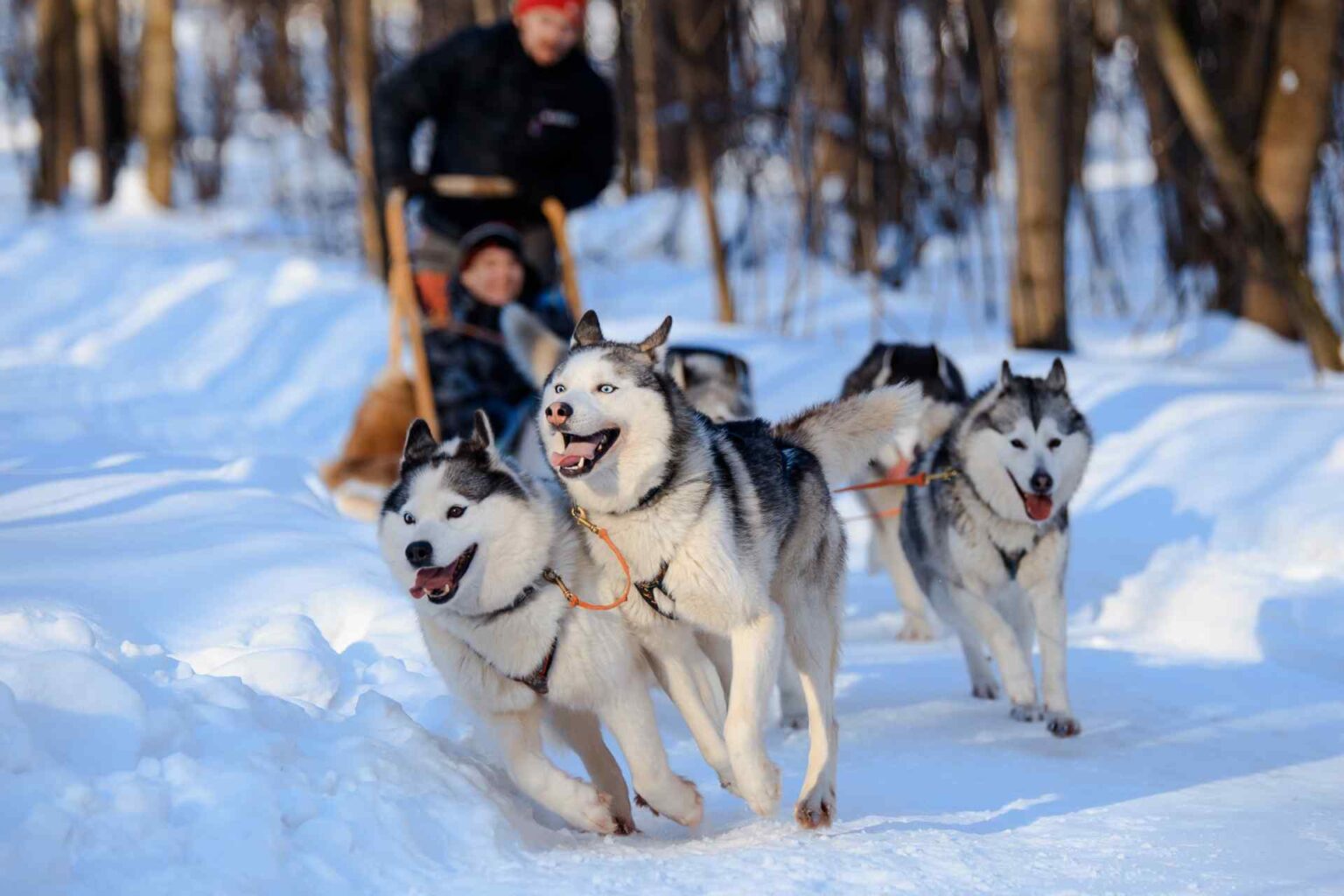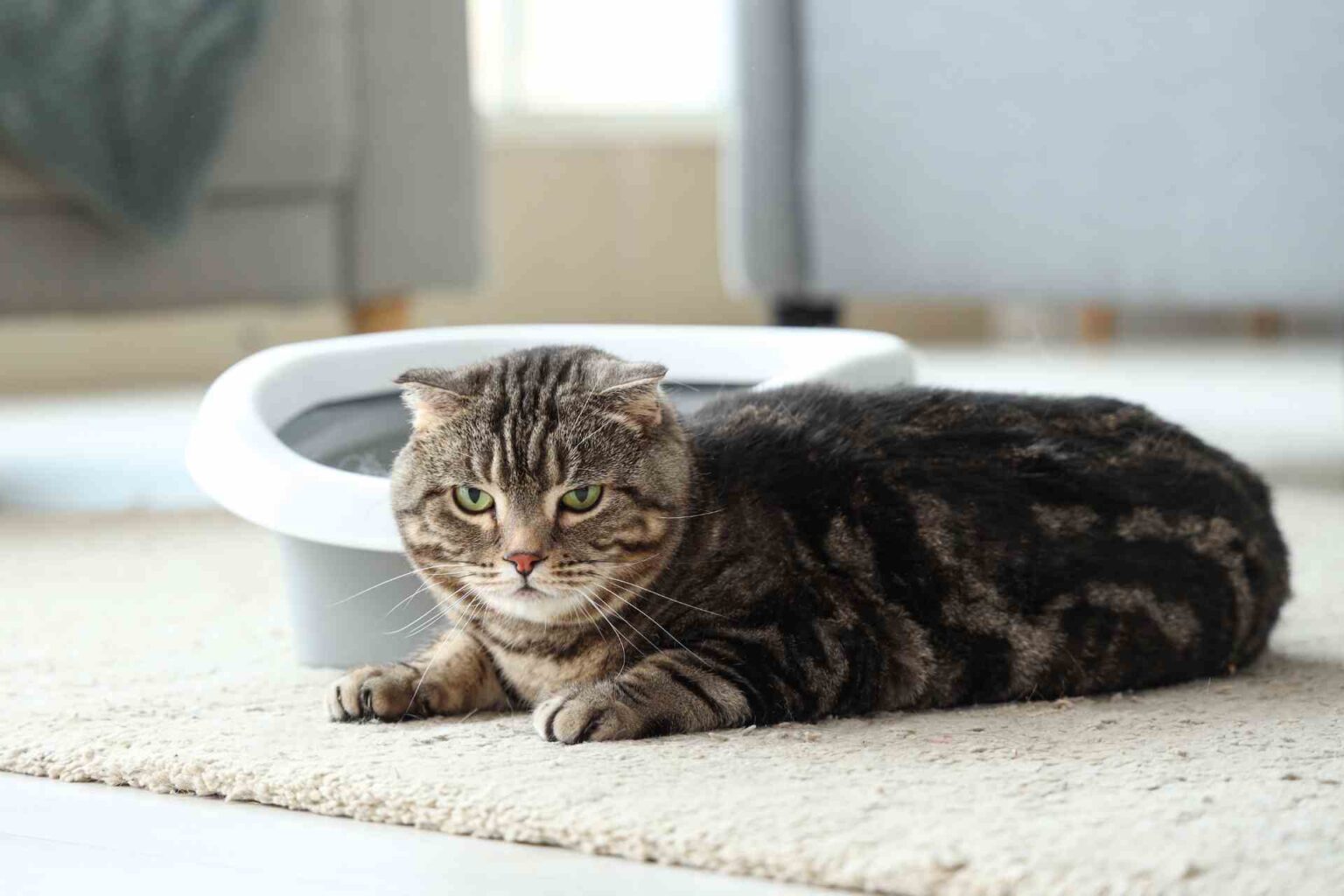Giardia duodenalis is one of the most controversial intestinal parasites of dogs as it can be totally asymptomatic and the dog healthy or it can develop into chronic diarrhea and persistent intestinal problems. Nevertheless, it is the most widespread intestinal parasite worldwide
A joint study between the University of Jerusalem and Texas A&M University aimed to investigate the gut microbiota of dogs with giardiasis by including fecal samples from dogs diagnosed by ELISA for Giardia fecal antigen.
Fecal microbial characteristics and dysbiosis index (DI) were compared between diarrheic and nondiarrheic dogs.
This study examined the Relationships between characteristics of the fecal microbiome and the occurrence of clinical giardiasis (i.e., diarrhea) in a community of young, healthy dogs infected with Giardia duodenalis, housed in similar kennels, fed dry commercial diets and not exposed to previous nutritional or pharmaceutical interventions.
The study included 38 fecal samples from dogs infected with Giardia, 21 of them with the presence of diarrhea and 17 in the absence of clinical symptoms.
Immunocompetence and virulence of the parasite
In contrast to previous studies in humans and animals, which reported significant changes in the composition of the gut microbiota in Giardia-infected hosts, the current study suggests that in naturally infected dogs, alterations in the fecal microbiome do not differentiate diarrheic from nondiarrheic animals.
The results suggest that other host- and Giardia-related characteristics (e.g., immunocompetence and virulence of the parasite) are involved in the clinical expression and outcome of natural giardiasis in dogs, while the gut microbiome probably plays a minor role.
The current lack of associations between fecal microbial composition and the presence or absence of diarrhea in Giardia-infected dogs is further supported by the similar Dysbiosis Index (DI) for both groups of dogs.
In addition, the fecal DI of most dogs in the current study was < 0, suggesting the presence of normobiosis. The lack of profound dysbiosis in most diarrheic dogs could also be explained by the fact that diarrhea does not necessarily indicate the presence of dysbiosis, as has been shown by DIs within the reference range in various acute and chronic canine gastrointestinal diseases.
Reference
Sharon Kuzi, Soha Zgairy, Barbara A. Byrne et al. Giardiasis and diarrhea in dogs: do the microbiome matter?, 09 June 2023, PREPRINT (Version 1) available at Research Square. https://doi.org/10.21203/rs.3.rs-3027703/v1











